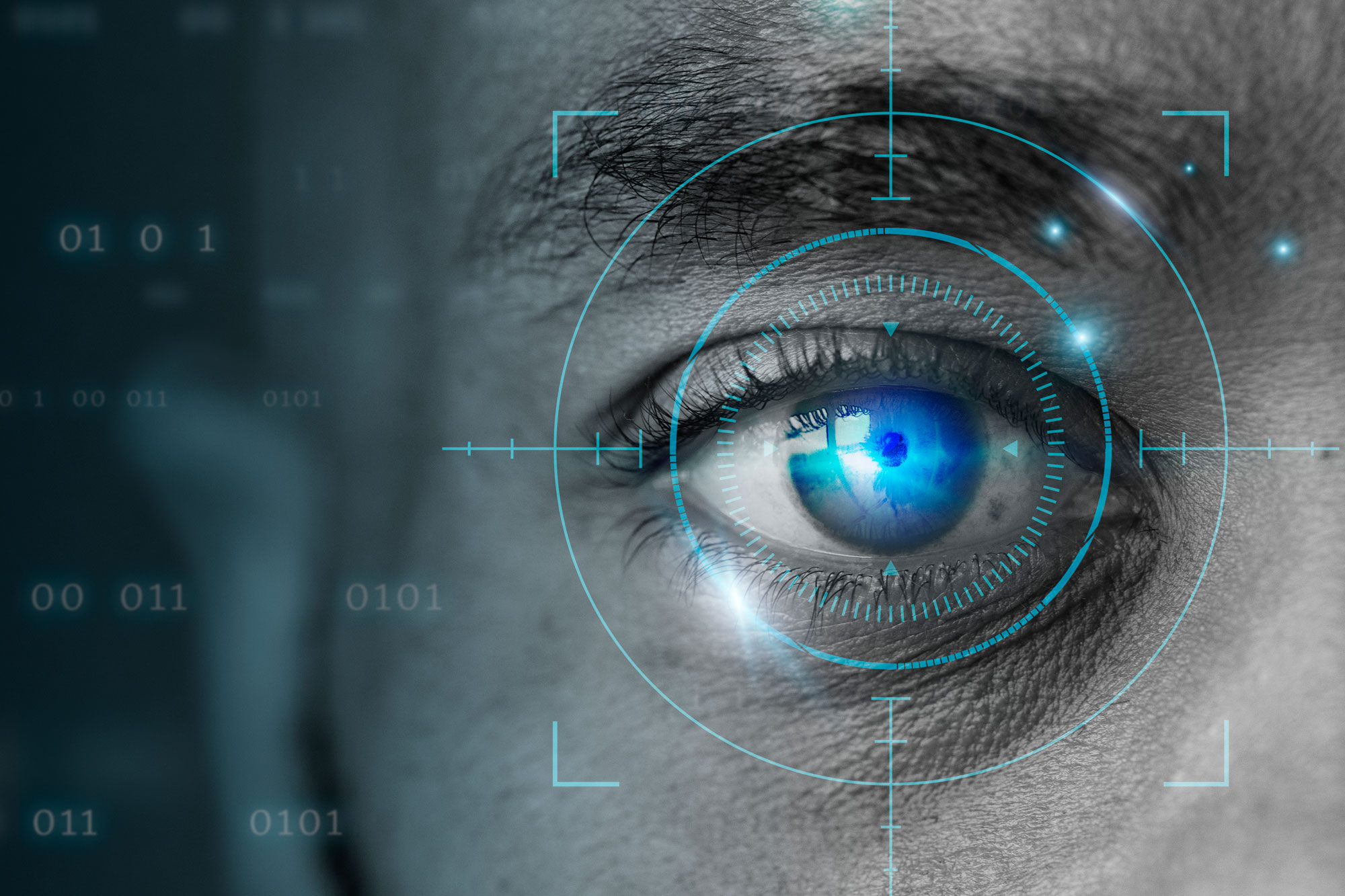In 1995, when I was just beginning my Doctoral Studies, there was a certain buzz in the air. With the advent of the internet, the word was being spread that we had entered into a new era of civilization: the world had become a Global Village, connected by the internet. Well aware of the violent whims of history and the inherently tribal nature of human being, I smiled to myself, and said nothing. I knew that time would tell the tale. The internet, being one aspect of Artificial Intelligence, has not, in the year 2021, delivered on the promise of a Global Village.
Let us take the Covid-19 crisis as our starting point. The crisis emphasized the re-emergence of the nation-state, as borders closed, and different countries and companies competed for a cure for the virus. The internet had long since been controlled and censored in countries like China and Russia, and although a flow of information continued across national borders, people found themselves restricted by lock-downs. Freedom of movement disappeared. The world economy was also severely affected, and it is predicted that we are now headed for a global recession.
So, Artificial Intelligence did not solve the world’s problems. Innovations in Artificial Intelligence continue, with self-driven cars and the like, and some still hope that it is a panacea for humanity’s problems. This is simply naive. Artificial Intelligence has proved to perform certain tasks more efficiently than human intelligence, but it lacks the creative power of the human imagination. I cannot stress this more. Based as it is on mathematical algorithms, Artificial Intelligence is limited by quantification. The transcendental, creative potential of the human mind is being lost. The best we can hope for is that stochastic thinking, where probabilities replace mathematical certainties, takes priority in the future, fully accounting for the creative biological (un)certainties which have been fully explained by the French philosopher, Henri Bergson.
Economics and biology: two key aspects of our present reality. Artificial Intelligence seeks to enhance and prolong human life, but to what end? The economic improvement of living conditions for the poor is surely a good thing, but what of this obsession with prolonged life? What will it profit us to live to 150 years-old? Returning to the internet and the nation-state, it is now clear that the internet will be increasingly controlled in the future as national interests overcome globalization. In fact, the only form of globalization which actually exists is global capitalism, and as I have argued elsewhere, global capitalism already manifests fascist tendencies in its alignment of consumerism, goods and services. Marxism is not the solution, as technological advances in Artificial Intelligence have made Marx’s analyses of the modes of production defunct. The division of labour still exists, and is in fact deepening as the rich get richer and the poor poorer: Marx was right on this, as was his prediction that capitalism would become global. But Artificial Intelligence has made the modes of production far more subtle and sophisticated than even Marx could have predicted.
The nation-state is on the rise again. National interests supersede international co-operation, as is evident in the failure of the United Nations to bring about world peace. The military is using Artificial Intelligence to enhance its destructive capabilities, a most worrying sign for peace around the globe. Artificial Intelligence has made positive contributions in medicine and other fields, but is certainly not the panacea that some hope it to be. The rise of the nation-state, and the censorship of the internet promise a future of socio-economic competition between nations, and the control of the flow of information around the globe.

